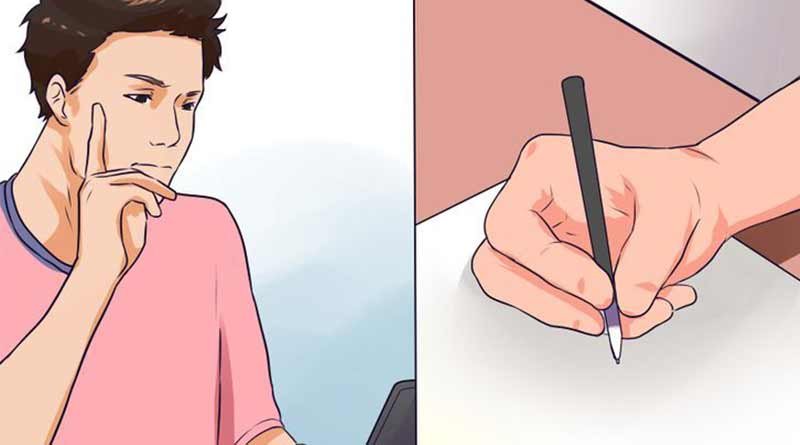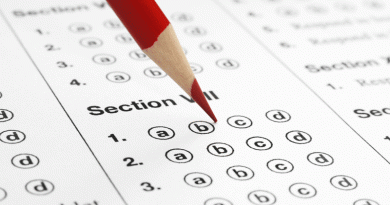Comprehensive exams can be tough, but with good comprehensive writing skills, success is inevitable. Typically, the first step is to prepare well for them and the second step is the actual writing. The first step involves the following:
a) Being an Everyday Writer
Writing is one thing you cannot do without as an undergraduate or post-graduate student. If you want to pass your exams then everyday comprehensive writing is not an option. Usually, it starts way before getting your comprehensive exam questions. It helps build your cognitive abilities. It also helps you identify with the different authors while providing evidence of your days’ studies.
b) Write Practice Questions
One of the most important preparation tools in comprehensive exam writing is reading through previous questions and writing your own practice questions. This way you get a glimpse of the topics you can handle well and those you have to set time for additional work. It also gives you an idea of what to expect ahead of comprehensive exam questions. This is important in preparing you mentally.
c) Study and Take Breaks
Comprehensive writing has never been easy. Unless you’re some Walter O’Brian, you can hardly pass without reading well for it. Studying for exams can sometimes be stressful and very exhaustive, so it’s important to take breaks in between study sessions to refresh your mind and retain the focus.
d) Set Goals and Seek Help
Study goals is an essential part of your studying strategy as it keeps you focused and motivated. It is important to set specific, attainable and realistic goals. To meet your daily or weekly targets, you’ll need to create a reward system, however little it may be. It’s also proper to enlist a number of people who will encourage and support you.
Comprehensive Writing and Essentials of Academic Writing
The second step in comprehensive writing involves the various essentials of academic writing, which includes; research, planning, drafting, revision and proofreading. For a term paper, you would write a draft outline, research on facts, fill in information gaps; draw up your first draft comprehensive piece, take some time off to recharge then read through, add content, and edit.
However, on the exam day, you’ll want to do the following:
a) Have all You Need at Hand
If you are having your comprehensive exams somewhere you have not been sitting before then you’ll need everything for the exams ready. These include; writing material, water, snacks, and perhaps a sweater in case it gets cold. But if you are writing the exam in a home setup then you will want to make the environment more suitable and less destructive – perhaps switching off TV.
b) Jot down notes to remember
Next, you will want to take a moment to reassure yourself that you can do it or to pray, after which you will turn to the back of the comprehensive exam questions paper to jot down key concepts among other important points you may want to keep at the front of your brain. While this helps jog the mind and can be a great morale booster, it is also important in that it frees up your mind.
c) Read through and Brainstorm
Reading through comprehensive exam questions helps you understand and get their feel as you move along. At this point, it is not advisable to answer any questions yet. As you read, ensure you underline key terms and that you fully understand the questions. In most cases the question or key commands come in the last couple of lines in the prompt, so always try to read through.
d) Write And Proofread Answers
You can always use your own style to write comprehensive exam questions, but it’s good to start with a thesis statement that answers the question directly then follow with supportive sentences. It’s also important to sign-post your answers in a way that it’s easy to distinguish between your main points and supportive material. Finally, link all the points and ideas together and proofread.
Other significant tips to remember about comprehensive writing include: save what you cannot answer for the last, ask questions if necessary, pay attention to time, and take a break if you can.
Paul Daly is a content writer at Comprehensive Exam. He likes baseball and bugging his friends about how awesome Batman is.




